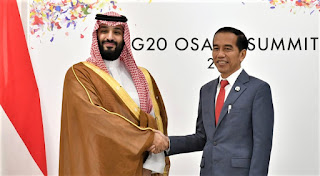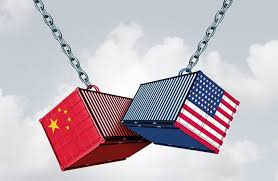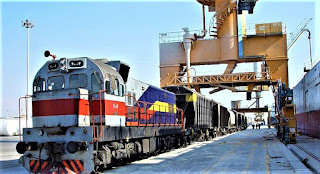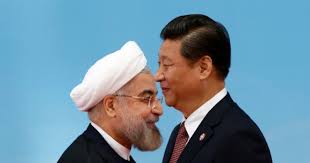Indonesia: A major prize in the battle for the soul of Islam

By James M. Dorsey Saudi support of religious ultra-conservatism in Indonesia contradicts Crown Prince Mohammed bin Salman’s promotion of an undefined form of moderate Islam intended to project his kingdom as tolerant, innovative, and forward-looking. It also suggests that Saudi Arabia is willing to work with the Muslim Brotherhood despite its denunciation of the group as a terrorist organization. An initial version of this story was first published in Inside Arabia A podcast version of this story is available on Soundcloud, Itunes , Spotify , Stitcher , TuneIn , Spreaker , Pocket Casts , Tumblr , Podbean, Audecibel , Patreon and Castbox. Java’s mosque landscape resembles a map dotted with flags marking outposts of various warring parties. Mosques with three-tiered tiled roofs reflect traditional Javanese cultural houses of worship. They outnumber the rapidly growing number of Saudi-funded mosques that sport a little dome rather than tiles as the third t




